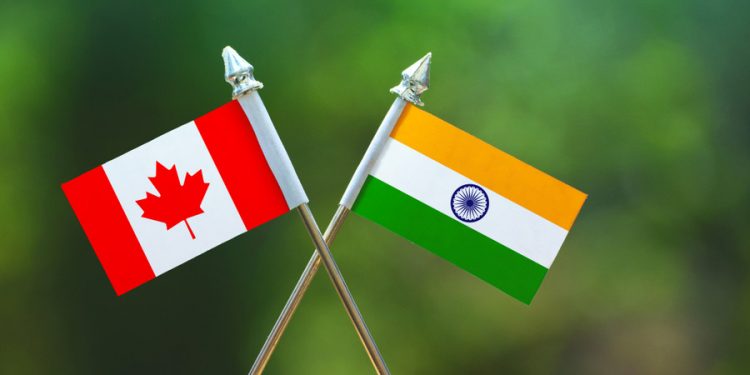J ust when we thought that ties between India and Canada were at their lowest ebb and cannot deteriorate any further, three Indian nationals were arrested on the charges of Khalistani separatist Hardeep Singh Nijjar’s murder in British Columbia. Karan Brar, Kamalpreet Singh and Karanpreet Singh have been charged by the Royal Canadian Mounted Police (RCMP) with first degree murder and conspiracy to commit murder. With the RCMP suggesting that more arrests in the case could be coming and Canadian Prime Minister Justin Trudeau saying that “every Canadian has the fundamental right to live safely and free from discrimination and threats of violence in Canada,” a day after the arrests, it appears that tensions between the two nations are not going to ease anytime soon.
In response to the arrests, External Affairs Minister (EAM) S Jaishankar has said that the events surrounding Nijjar’s death in Canada, a country in the midst of elections, are primarily tied to their domestic politics and do not involve India. Jaishankar pointed out that certain individuals supporting the Khalistani movement are manipulating Canada’s democratic system, forming a lobby, and establishing a voting bloc. He mentioned that the ruling party in Canada lacks a parliamentary majority and relies on support from pro-Khalistan figures. “We have convinced them several times not to give visa, legitimacy or political space to such people which is causing problems for them (Canada), for us and also for our relationship,” the EAM said. In September last year, Trudeau had stirred up a hornet’s nest when he alleged the “potential” involvement of Indian agents in Nijjar’s killing. The full-blown diplomatic row led to both countries expelling senior diplomats in reciprocal moves. Though India dismissed the accusation as “absurd” and “motivated,” Canada stated that it had credible intelligence shared by the “Five Eyes” network of the US, the UK, Canada, Australia and New Zealand. Months after Trudeau’s allegation, the US Justice Department indicted an Indian national for a plot to murder another Khalistani separatist Gurpatwant Singh Pannun, who holds dual citizenship of the US and Canada, on US soil.
Meanwhile, an official investigation in Ottawa has reported that Indian authorities, along with representatives based in Canada, are involved in various efforts to sway Canadian communities and political figures towards supporting New Delhi’s stance on significant matters, specifically when it comes to addressing worries regarding Khalistani separatists in Canada. Commissioner Marie-Josee Hogue’s interim report revealed foreign interference in Canada’s previous federal elections in 2019 and 2021. “India does not differentiate between lawful, pro-Khalistani political advocacy and the relatively small Canada-based Khalistani violent extremism. It views anyone aligned with Khalistani separatism as a seditious threat to India,” the report said. No doubt the thriving of Khalistani supporters on Canadian soil has remained a bone of contention between both countries, but the present Indian dispensation’s foreign policy is doing more harm than good to the country. When a country is accused of sanctioning state-sponsored murder on foreign soil, it speaks volumes of that country’s diplomatic acumen, or the clear lack of it.
While jingoism may garner votes to the ruling party in domestic elections, it is certainly not appreciated in foreign relations, not least, when dealing with the developed world. India’s foreign policy has been failing miserably since the last two decades. While the UPA wallowed in self pity with weak kneed responses and allowed issues to get the better of India’s interests, the BJP government on the other hand, trying to prove its muscular character, is destroying India’s image on a long-term basis which may be very difficult to redeem in the future.






































